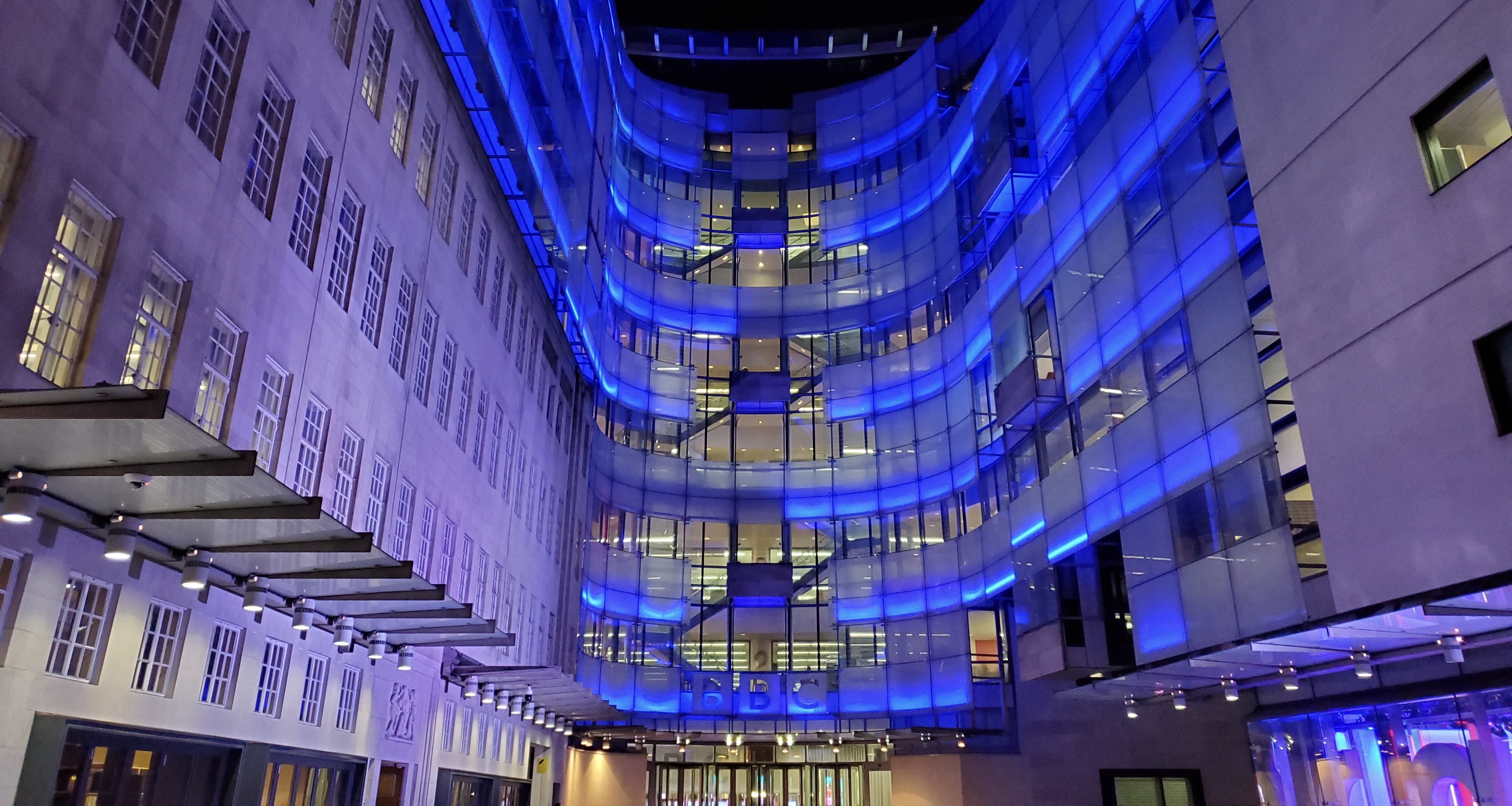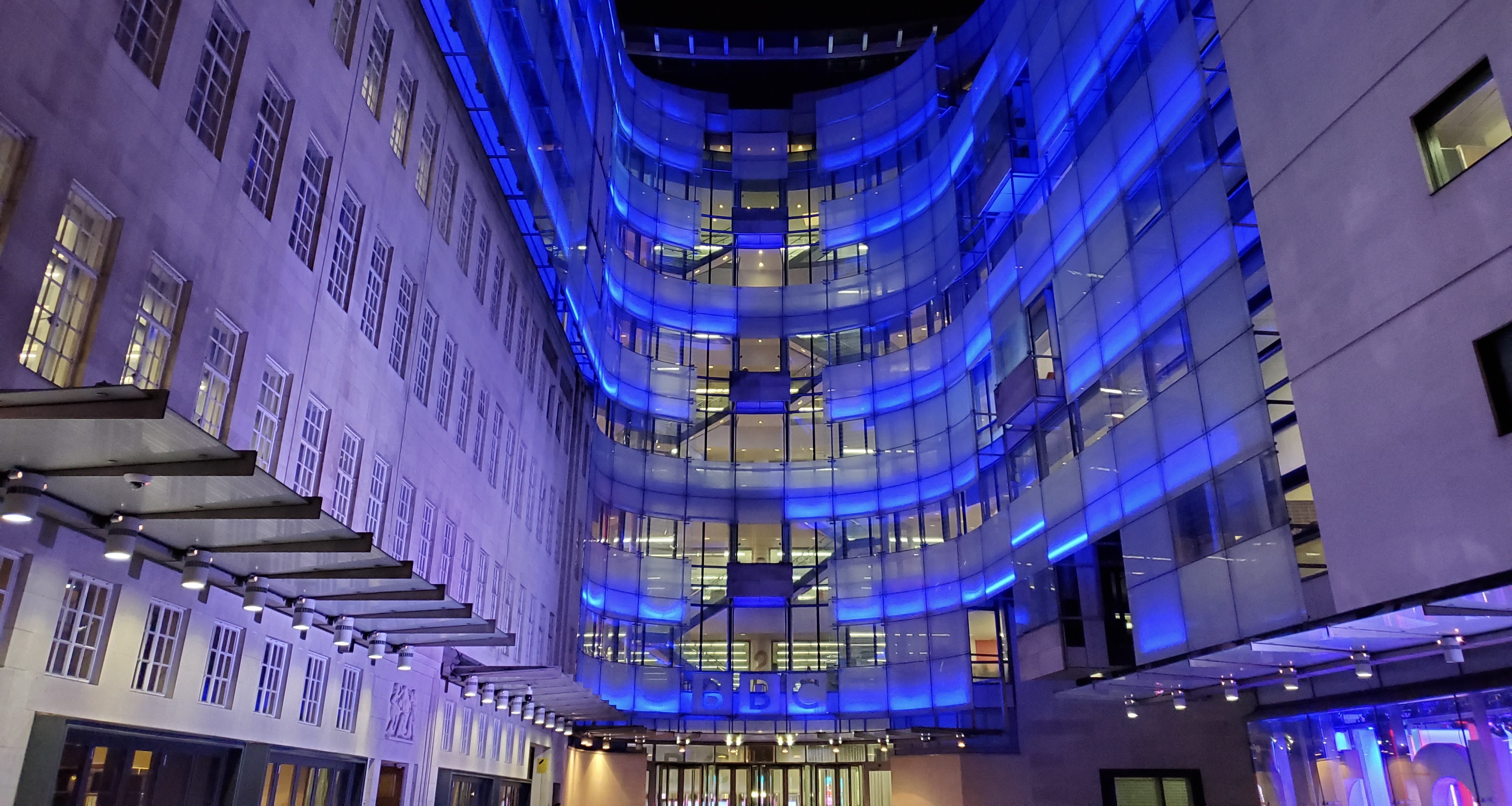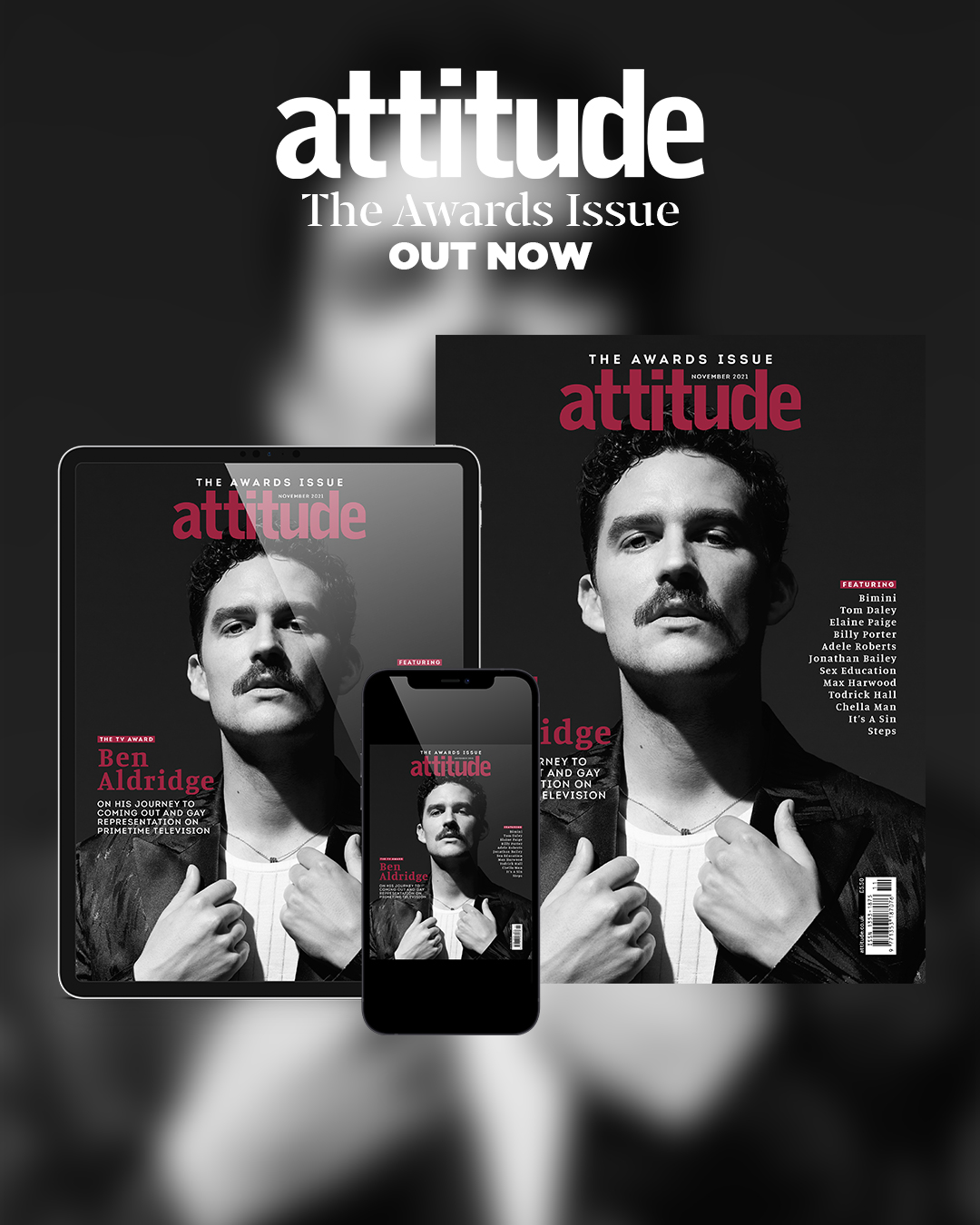1,000+ sign open letter to the BBC criticising its stance on LGBTQ issues
The letter says the BBC has failed to accurately represent the lives of LGBTQ people, especially trans people.

Words: Alastair James; pictures: Wiki
More than 1,000 people have signed an open letter addressed to the BBC accusing the broadcaster of breaching its public service purposes and failing to cover LGBTQ stories, particularly the trans community.
The letter, created by a former BBC employee, Chris Northwood, who is trans, and so far signed by 1,030 people, points out how the BBC is failing and makes a number of recommendations as to what the broadcaster can do to improve things.
It says recent coverage of LGBTQ and trans issues, including on the Gender Recognition Act (GRA) and Stonewall, has fallen short of the company’s editorial standards.
“Failing on the core Reithian principles”
Another example given is the BBC’s platforming of the LGB Alliance, which has been denounced as a transphobic hate group by bodies including Pride in London and figures including Labour MPs Angela Raynor, Dawn Butler, and Rebecca Long-Bailey. The group was set up to supposedly “advance the interests of lesbians, gay men, and bisexuals”. It has actively campaigned against reform to the Gender Recognition Act and other trans-inclusive policies.
“Inviting the LGB Alliance on as one side of an issue which they claim not to be involved on, but then introducing them according to their own description is showing a failing of the duty to be ‘duly accurate and impartial’ and to outsiders causes concern that the BBC is happy to reinforce the duplicitous nature of the organisation,” the letter states.
The Beeb has also let anti-trans claims, such as on self-identification, go unchallenged, claims Northwood, which “may mislead an uninformed audience member.” This shows the organisation is “failing on the core Reithian principles of informing and educating.”
An open letter to the BBC on trans lives and how it’s currently failing its responsibilities under the charter. Please let me know if you’d like me to add your name as a signatory to the open letter. https://t.co/RV8DsPhBQJ
— Chris Northwood (@cnorthwood) October 17, 2021
The letter also says, despite several documentaries focusing on trans stories, the BBC’s general coverage of trans people is inaccurate and fails to properly represent trans people. It also says the broadcaster is not focusing on issues such as access to healthcare and housing.
The 1,030 signatories have also expressed concern that trans employees consider the BBC to be a “hostile” work environment and comments about the BBC protecting its editorial impartiality at the expense of LGBTQ colleagues.
Finally, the letter asks the BBC to improve staff training of various LGBTQ issues, to include trans people in coverage of trans issues, and to “authentically represent” the lives of the trans community.
It also calls for the BBC to recommit to making sure the workplace is safe for everyone.

Speaking to Attitude, Northwood says she’s “blown away by the overwhelming response to the letter, including from current and former BBC colleagues as well as observers in just a few short days.
“I’m glad that many have joined me in recognising that the BBC’s coverage of trans lives is falling short of the public purposes too often, and I hope this letter makes BBC leadership sit up, take notice, and fix this lapse to restore trust in this much-loved nationally important institution.”
Responding to Press Gazette the BBC said: “The BBC is for everyone and we are committed to representing all parts of society, right across the UK.
“We always strive to ensure our reporting and wider output contains different viewpoints and opinions, in line with our duty of impartiality and in accordance with the Ofcom Broadcasting Code. We also encourage all our staff to be inclusive, be themselves at work and our HR policies comply in full with the Equalities Act.”
A BBC rep told Attitude: “We are committed to being an inclusive and welcoming organisation which reflects the diversity of the UK both on and off screen, and we have targets to boost representation at the centre of our Diversity and Inclusion Plan which launched earlier this year.”
The Attitude Awards issue is out now.
Subscribe in print and get your first three issues for just £1 each, or digitally for just over £1.50 per issue.

